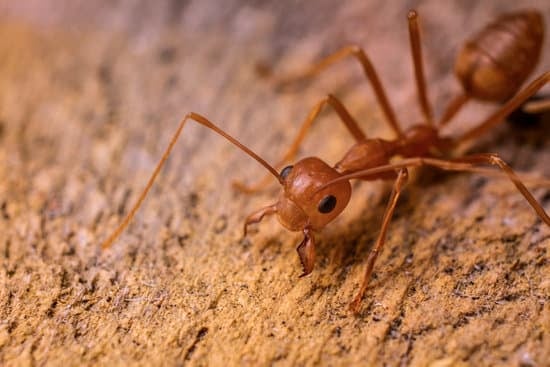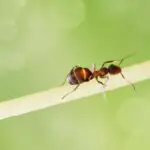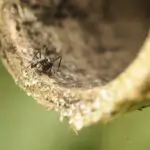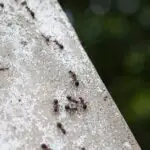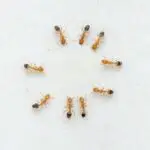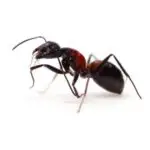Why Do Ants Smell?
Unlike vertebrates, insects have no sense of pain. Instead, they rely on smell to communicate. Ants release pheromones, chemicals that provide information and help to identify ants and the different roles they play in their colony.
Ants have an elaborate sense of smell. Their antennae are covered with chemical receptors that pick up smells. These receptors are more sensitive than the human nose. Ants use their antennae to smell and to communicate with each other. Ants have several layers to their olfactory system, including a transparent layer that releases chemicals into the air.
Besides the pheromones, insects have many other smells. Some insects, like the ant, have a smell that is very strong when they band together.
Some insects even have a very distinctive smell when they die. When an ant dies, its body releases a chemical called formic acid. The chemical is used by animals to digest food and is also used as a preservative in livestock feeds.
Another ant species, the citronella ant, has a lemon-like odor. This scent is used by the ant to protect itself from predators.
Ants are also capable of detecting the presence of certain microbes in the environment. For instance, a certain bacteria, Penicillium roqueforti, causes food to decompose.
Another ant species, the odorous house ant, has a strong smell. They release a foul-smelling chemical when they are crushed. Some people even think they smell like rotten coconuts.
In addition to their stinky smell, ants are also known to contaminate food in kitchens. They carry bacteria and other microbes on their bodies.
